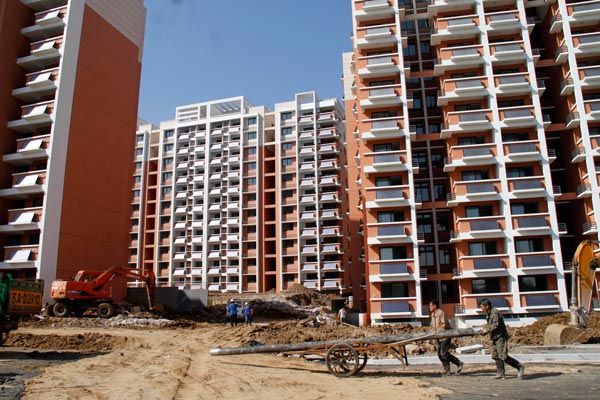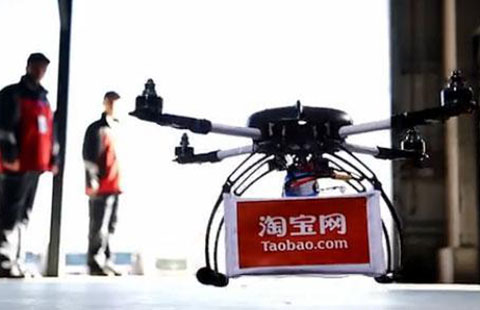Real estate registry program remains 'work in progress'
By Zheng Yangpeng (China Daily) Updated: 2015-02-28 09:11
 |
| A property construction site in Nanjing, capital of Jiangsu province. [Photo provided to China Daily] |
A "unified information platform" will be established, and it will become fully operational by 2017, said Wang Guanghua, an official with the land ministry who is in charge of the matter, when the regulation was passed on Dec 22.
Without a "unified information platform", it will be difficult to levy property tax on a national scale, which means a nationwide property tax will not materialize before 2017, although such taxes can be imposed within cities.
Li Miaoxian, an analyst with Bank of Communications International Holdings Co, said that the essential function of the regulation is to consolidate the property ownership data that has been scattered among numerous jurisdictions. Doing so will enable the authorities to trace how many properties an individual holds in different locations, Li said.
Work on a unified registration system was initially led by the Ministry of Housing and Urban-Rural Development. By 2012, the ministry had integrated housing information in 40 cities. But plans to expand it to 500 cities were delayed for various reasons.
A section of the regulation stating that the nation aims to achieve "real-time intercity information sharing" means that the housing ministry's work has been superseded by the new system.
"'Real-time intercity information sharing' is the meat of the regulation," said Li.
However, a commentary by the People's Daily on Friday claimed that the property tax has yet to materialize, but not because the authorities lack sufficient information on property holdings.
Rather, there is a concern over the "social impact", it said.
Sun Xianzhong, a law researcher with the Chinese Academy of Social Sciences, the top think tank of the central government, said the regulation is a "totally different arena" from the laws that guarantee the transparency of officials' assets.
If investigators want to collect a suspect's housing information, it should not be difficult for them to trace properties back to a "corrupt element" no matter whose name is on the ownership certificate - the regulation does not make it easier or harder, said Sun.
- Potential buyers count down days to Apple Watch launch
- China to introduce market-based jet fuel pricing
- China cuts 313.4b yuan from 2014 budget after evaluation
- Growth slowdown not prelude of recession: expert
- China overhauls industry gas pricing
- Post-holiday labor market dull as industries see no clear profit prospect
- Russia may accept majority Chinese control of oil and gas fields
- China eyes Tianjin as innovation engine

















